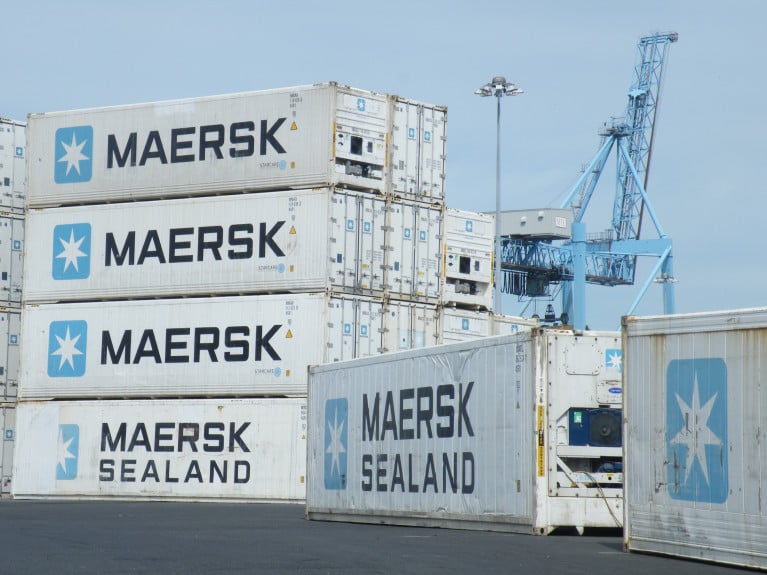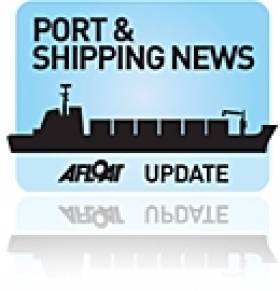Displaying items by tag: Container Giant
Danish shipping group AP Moller-Maersk has today warned of a sharp drop in global container volumes due to the coronavirus pandemic, sending its shares down sharply.
The coronavirus epidemic has thrown the global container shipping trade off balance as global supply chains have been upended and businesses and factory activity in China and later across the world was disrupted.
Maersk, which also reported a 23% rise in first-quarter core profits, now expects global container demand to contract this year, after previously forecasting growth of 1%-3%.
"As global demand continues to be significantly affected, we expect volumes in the second quarter to decrease across all businesses, possibly by as much as 20%-25%," chief executive Soren Skou said.
More from RTE News here.
Container Giant Applies Yemen War-Charge Surcharge
#WarRiskSurcharge – The world's third largest container shipping operator CMA-CGM has announced the implementation of a War Risk Surcharge on all shipments to Hodeidah, Yemen.
The charges of US$300 per 20-foot and $600 per 40-foot containers are applicable with immediate effect.
CMC-CGM said: "For all cargo already discharged in Hodeidah, or at sea on the way to be discharged in Hodeidah coming from Jeddah or Djibouti, or from initial port of loading, this surcharge will be collected by our agent in Hodeidah.
"For all new bookings to Hodeidah, this surcharge will be prepaid by shippers at the port of loading."
Also according to Lloyds Loading List, the giant French owned shipping group quadrupled 2015 profits for Q1.
The sharp drop in bunker prices provided a major boost to container shipping group CMA CGM in the first quarter, helping to drive a fourfold increase in net profits to $406 million, despite the volatility on Asia-Europe lanes since Chinese New Year.
Volumes rose 10.5% in the period to 3.1 million TEU, chiefly from the increase in volumes on the East-West lines, particularly to and from the US, where volumes enjoyed sustained growth, and also from the launch of the Ocean Three Alliance.
The group continued to actively optimise its services, opening five new routes in the US and extending its agency network up to 655 agencies in over 160 countries.
For much more click HERE.






























































